Air Tightness in Houses - All about Balancing Air Pressure in the Home
We go on incessantly here about the importance ofair barriers in home construction to reduce air leakage, but no matter how hard you worked to make a house airtight, if the pressure isn't balanced you will be sucking air in or forcing it out and, despite your efforts, making the inside environment all the more like the outdoor environment. And the ultimate goal is actually to achieve the opposite, to keep the interior and exterior environments separated as best as possible so we keep the inside temperature, humidity, air quality and energy consumption within ideal parameters.
Positive and negative air pressure:
Neither positive nor negative air pressure in a home is good, as either puts pressure on the building envelope that promotes air leakage and they will each have different effects and impacts depending on the season, the temperatures and the humidity levels. Pressure differences in warm months are really only a cost and durability concern if in a climate zone that relies on air conditioning for summer comfort - but then central air should never be a first resort for reducing interior temperatures as excessive heat in a home denotes poor building design and performance.
Negative air pressure in a home in summer will draw warm air in增加你的冷却成本或你的不适。还有一个轻微的耐久性问题,即温暖潮湿的外部空气到达墙壁组件内部的冷表面时,可能会导致凝结,比如你的蒸汽屏障。内外温差越大,人们就越担心。
Negative air pressure in houses in winter will draw in cold air, making your house feel drafty and increase your heating costs. The issue isn't about durability but rather comfort and cost due to heat and energy loss.
Positive air pressure in a home in summer will force cool air outand have those same impacts on your comfort or your cooling cost.
Positive air pressure in houses in winter is the biggest problem. The difference between indoor and outdoor temperature is so extreme in winter that positive pressure will force warm, humid air from inside your house out through the tiniest of openings in your walls where it can condense and deposit moisture causing mold and wood rot deep in the structure.
The causes of air pressure differences:
The ones you can't control are wind pressure and the stack effect, also known as 'chimney effect'.
Wind creates either positive or negative air pressure on a particular side of a building, forcing air in on some sides and forcing it out on others. Aside from being blocked by other buildings or planting a stand of evergreen trees, the only thing you can do to stop wind pressure is to work overtime when you are sealing up your house to prevent air leaks in the first place.
The stack (or chimney) effect is the same uphill battle, and unlike wind issues it is happening 24/7. As warm air rises it creates more pressure on upper levels and pushes air out; to compensate, air will be drawn in on lower levels. The laws of physics are pretty ironclad and have yet to be defeated, but there are some fronts where you can actually make a difference.
Duct leakage:
Air leaking out (or into) either the intake or exhaust ducts from yourHRV or ERV会影响气压平衡,并可能产生负面或正面的室内环境。上面提到的同样的成本和耐久性问题也在这里发挥作用,但这是一个可以避免的情况。Ducts need to be well-sealed, so having them pressure-tested and the leakage measured will tell you if you succeeded.
Combustion appliances:
Anything that is burning fuel in your homesuch as gas stoves and fireplaces (that aren't vented directly to the outside) will remove oxygen and require makeup air. Houses that are fairly air tight and that have negative air pressure may cause flue gases to backdraft into your house, which can be of major concern.
Poorly balanced HRVs:
Heat recovery ventilators (HRV's) need to be professionally balanced为了保持气压均匀。可能的情况是,如果你没有保持平衡,与消耗的空气量相比,它提供的空气肯定太多或太少。
Bathroom fans:
If they are designed to run off a humidistat(a switch activated by relative humidity) or a timer, you can ensure they aren't running unnecessarily by simply being left on and forgotten. Having bathroom fans wired on the same circuit as a light (meaning they go on and off at the same time) is almost pointless, not to mention pretty irritating most of the time -choose fans for the homewisely.
Stove hoods:
Run them at as low a speed as you canwhere they still do the job properly. Performance rating systems like LEED require fans to have maximum CFM (cubic feet per minute) as part of the home efficiency score. And put lids on pots! Your water will boil faster and emitless water vapour, reducing condensation.
Central vacuums:
Efficient central vacuum systems with hepa filtrationcertainly have their benefits在便利性方面,减少了噪音,并且不会将空气中的颗粒喷射到家中。然而,普通的插电式真空吸尘器不会产生减压作用,大多数会有更高质量的可选过滤器。这将是过滤器的MERV评级(最大效率报告值),它决定了它们收集的颗粒物数量和它们排出的空气质量。作为一个基准,LEED评级系统将MERV 11列为“良好”质量,MERV 13列为“优秀”。数字越高越好。
You always want an airtight house in winter, but everything written here goes out the window (literally) if you forgo A/C and employ natural ventilation in summer. With some design foresight, habit alterations and some window action, you cankeep a house pretty comfortable in summeron all but the most brutally hot and humid days.
Some last thoughts on living habits that may help with balancing air pressure:
- Unless you live in an old and incredibly leaky home where you welcome the humidity to prevent nose bleeds, don't hang clothes to dry inside your house, and put lids on pots when you're cooking.
- 使用除湿机保持地下室湿度低于50%。
- Don't go crazy with the A/C in summer to the point where you need sweaters and hats. The greater the temperature differential the greater the risk of summer condensation.
So that's all aboutair tightness in houses & why balancing air pressure is important用于家庭的舒适和耐用。Find other guides for air tightness and air balancing in houses & buildings here such as :
And to see more guide page in the EcoHomeGreen Building Guides for Sustainable Buildings |


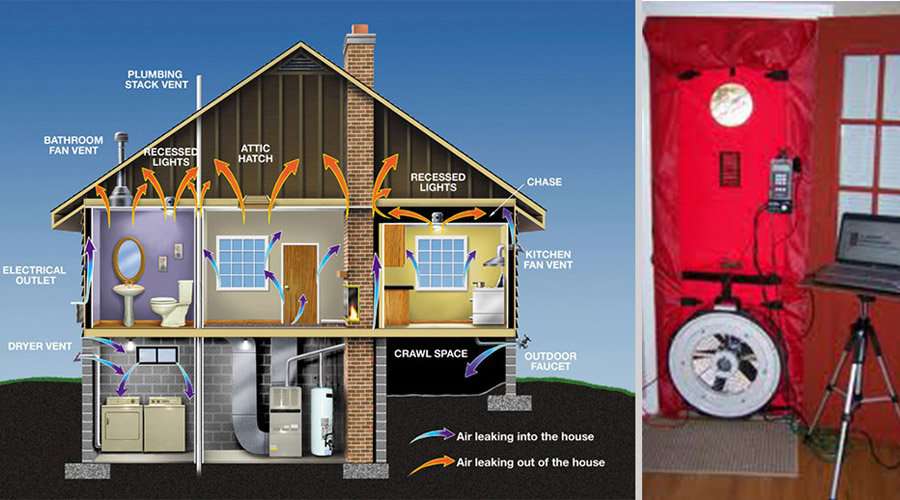











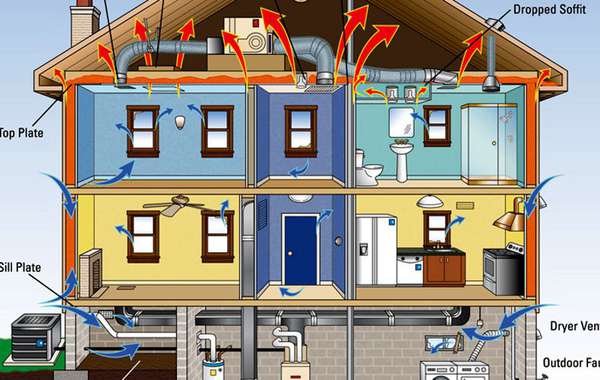
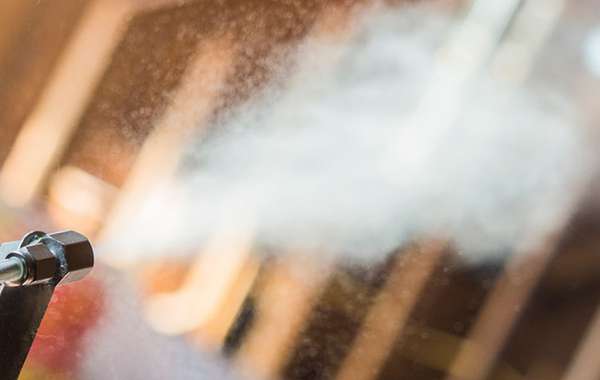
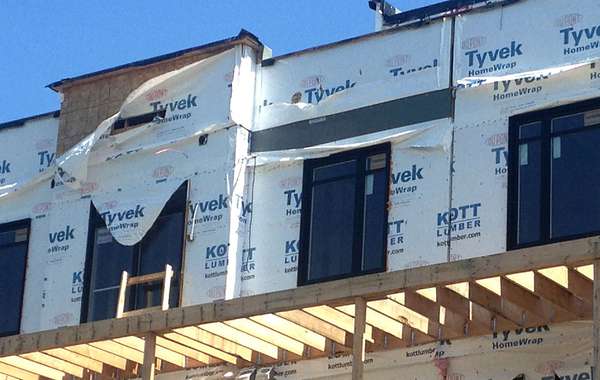
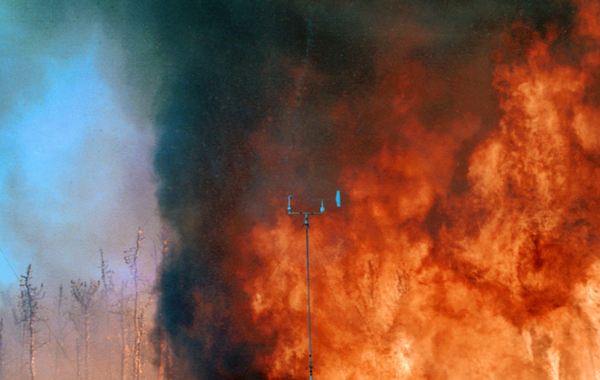
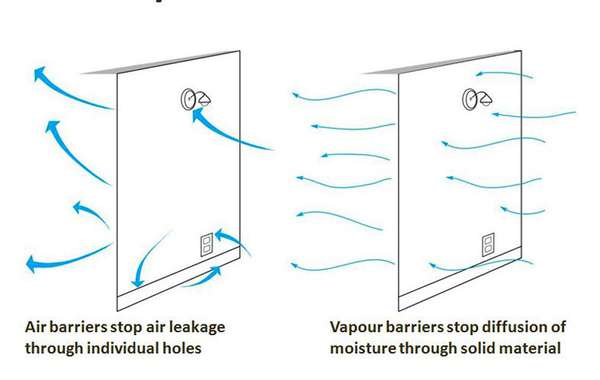
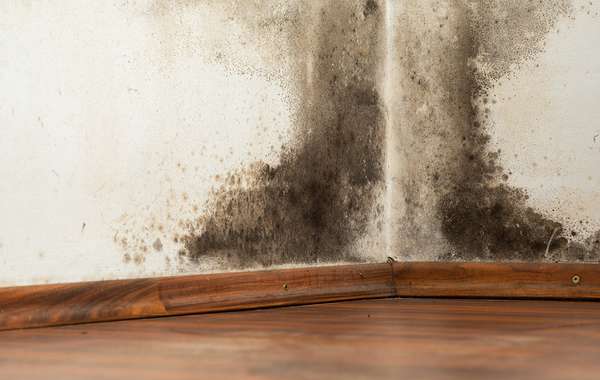
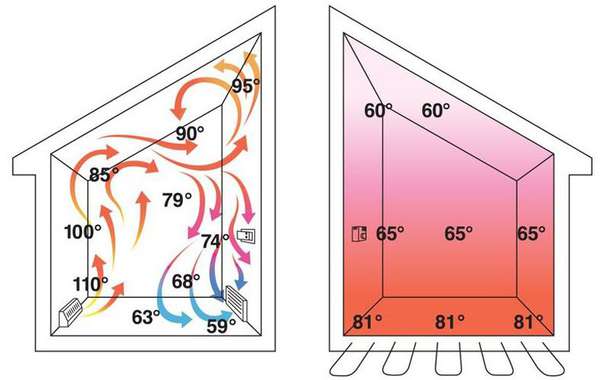
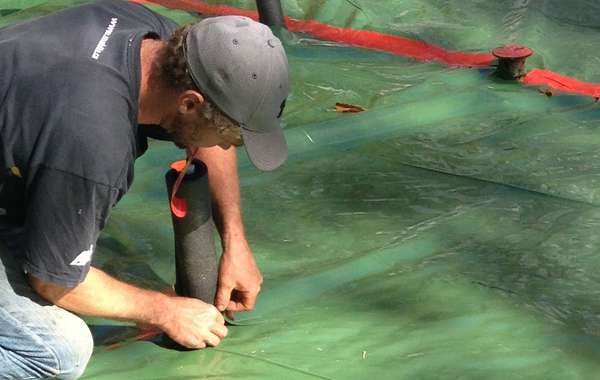
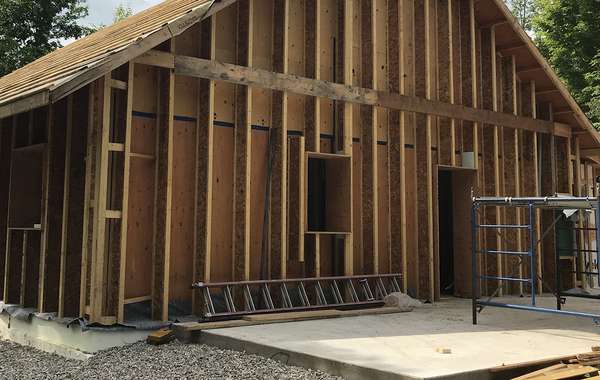
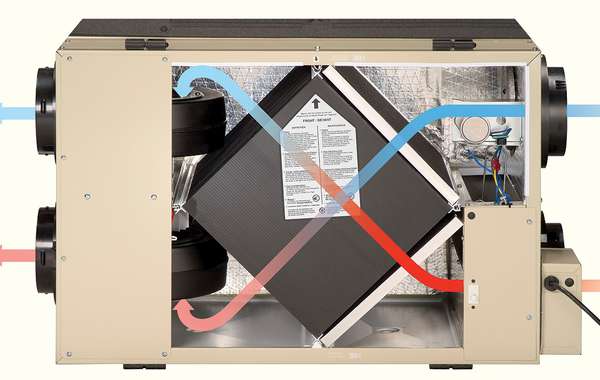
Comments (0)
Sign Up to Comment